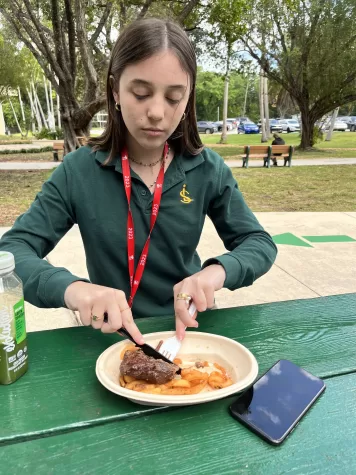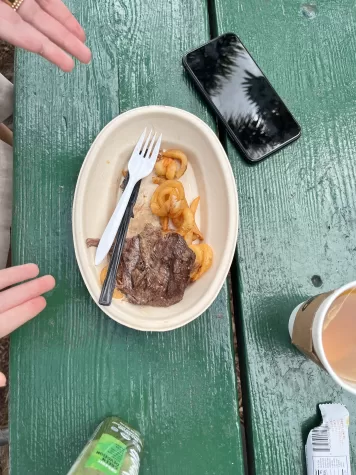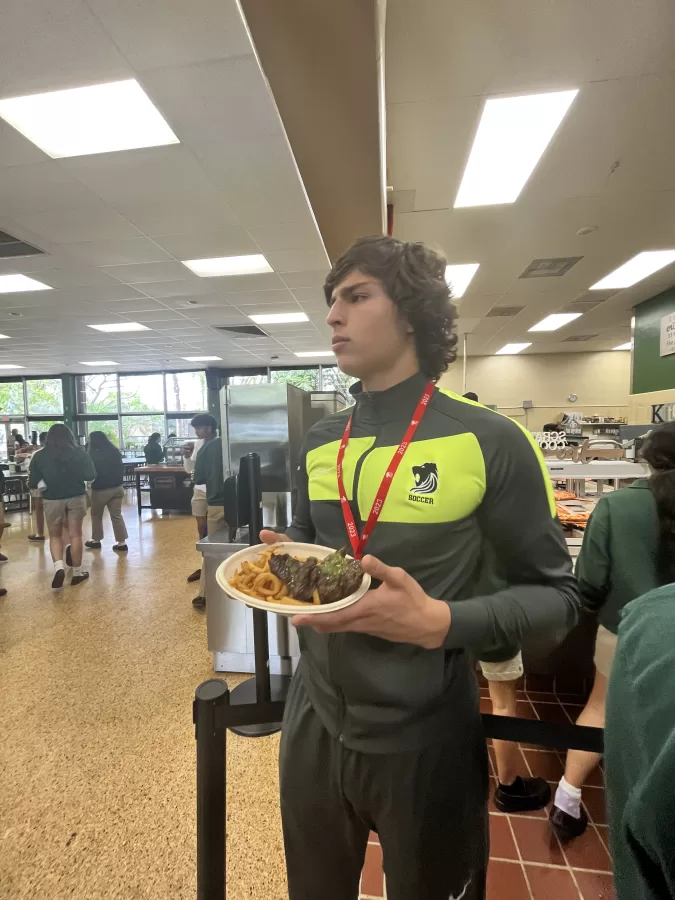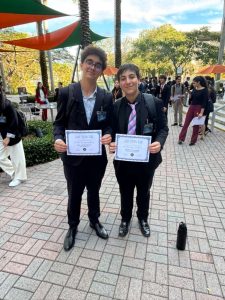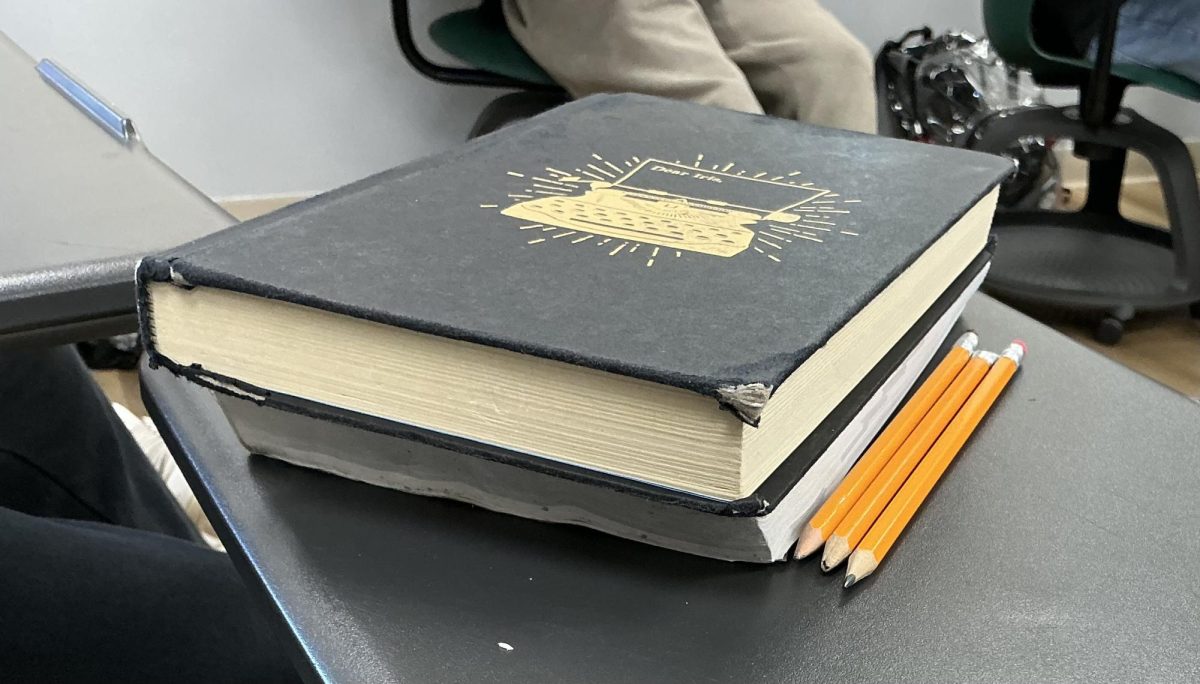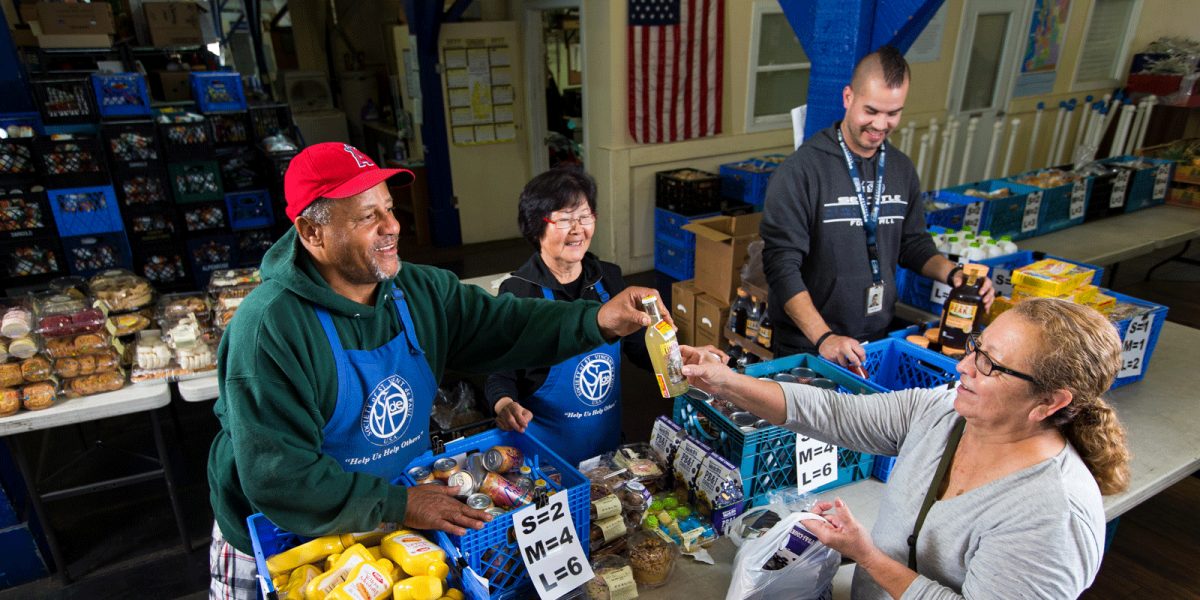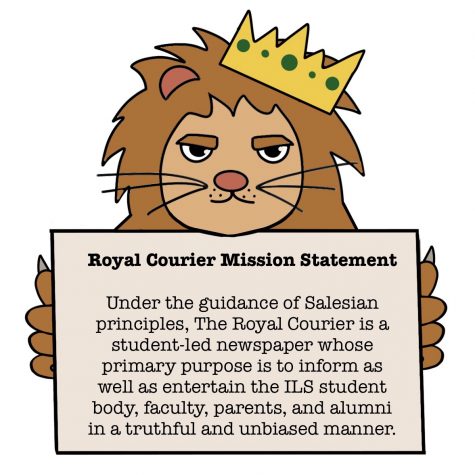Limit Waste In Our Cafeteria
February 9, 2023
It’s lunchtime here at Immaculata-La Salle High School.
What’s on the menu? Pizza, pasta, steak and of course everyone’s favorite… chicken sandwiches.
But not everything that’s served on a student’s plate will be eaten.
When lunch is coming to an end and students scramble to clean up, perfectly good, edible food gets tossed in the garbage. Those uneaten chicken sandwiches will eventually find their way into a landfill, waste that has a lasting effect on our earth.
The large amount of food wasted in high school cafeterias is a common issue. Some causes of food waste in this environment includes overproduction of food, student disinterest in the menu offerings (not a problem here at ILS), and students taking more food than they can eat.
SAGE dining has implemented ways to help minimize food waste in the cafeteria. By using seasonal menus, locally sourced ingredients, cooking in small batches, and composting when possible, it’s up to students and teachers to do their part.
“I don’t want to admit it ,but I have taken one bite out of pizza and gotten up to get something else many times. The amount of food that gets thrown away half eaten or barely touched is crazy to me,” said junior Nicholas Ortiz
Food that is wasted typically ends up in landfills, where it decomposes and produces methane, a potent greenhouse gas. This contributes to climate change and has negative impacts on the environment. Food waste also represents a waste of resources, such as water, land, and energy, that were used to produce the food.
ILS can implement practices such as portion control, incorporating food waste data into menu planning, and increasing student involvement in menu selection. Surplus food can be donated to food banks or get composted to reduce its environmental impact.
“Not only does initially serving myself less food help with the clean up process, but I’ve also realized that being conscious about how much food I take helps with how much food I waste. Nobody would throw away an uneaten pizza at their house, so having the same mindset in the cafeteria is important to help with the waste,” said senior Andres Gutierrez.
Seeing the amount of perfectly good food stacked high in the trash should bring attention to the problem that starts on our campus. Practicing eco-friendly habits in the cafeteria can change our eating habits for a greener future.
